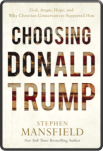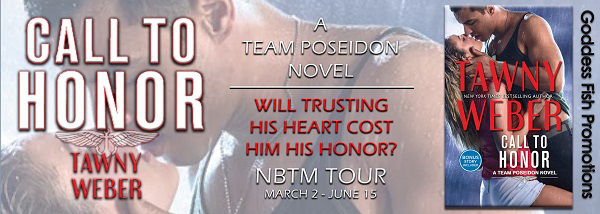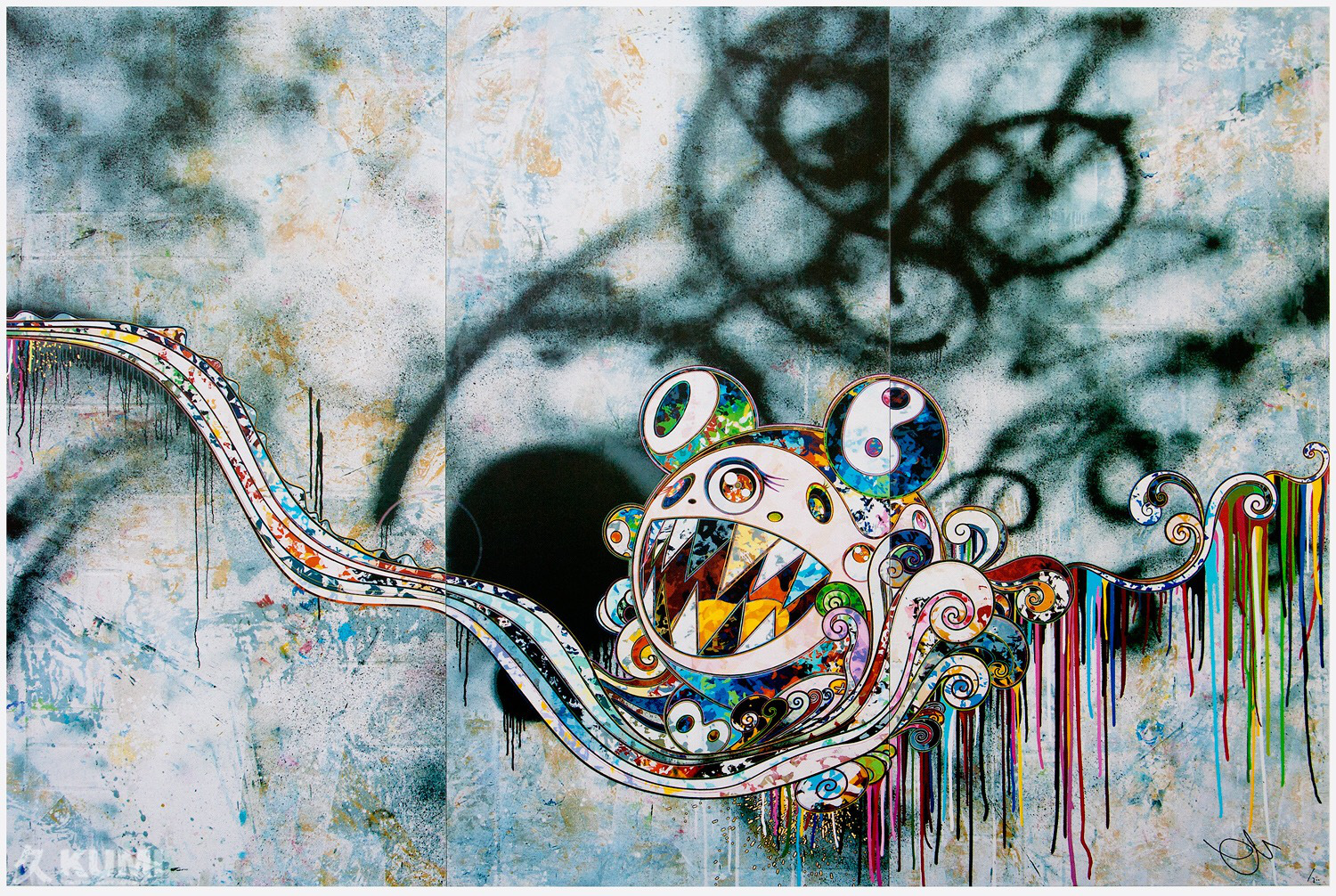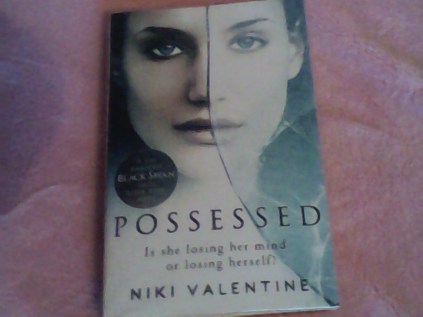 Stephen Mansfield is a historian, speaker, and best-selling author of books about George Whitefield, Booker T. Washington, Abraham Lincoln, Winston Churchill, George W. Bush, and Barack Obama, among others. His latest book, Choosing Donald Trump: God, Anger, Hope, and Why Christian Conservatives Supported Him, seeks to explain why so many devoutly religious voters cast their ballots for such a famously immoral candidate.
Stephen Mansfield is a historian, speaker, and best-selling author of books about George Whitefield, Booker T. Washington, Abraham Lincoln, Winston Churchill, George W. Bush, and Barack Obama, among others. His latest book, Choosing Donald Trump: God, Anger, Hope, and Why Christian Conservatives Supported Him, seeks to explain why so many devoutly religious voters cast their ballots for such a famously immoral candidate.
ECM: Just over a year ago, 81 percent of white, evangelical Christian voters supported a presidential candidate who could be the perfect avatar for everything they claim to oppose. Why?
SM: They did it mainly because they felt traumatized in the wake of the Obama years and terrified by the possibility of a Hillary Clinton presidency. You have to realize that, if you were a religious conservative in America, coming out of the Obama years you felt like the administration had bombarded your faith. There was a strident LGBT agenda, a strident pro-choice agenda, lawsuits against—for instance—the Green family of Hobby Lobby for not wanting to fund abortifacients in their employee insurance, and even small orders of nuns were sued.* In the culture of conservative evangelicalism, there was a feeling that there had been a war declared upon their tradition. And Clinton would be more of the same.
So there was a very strong sense of fear and shared anger that turned people toward Donald Trump. We should remember, though, that he did not have the majority of the evangelical vote in the primaries, but as it became clear that Clinton would be waiting in the general election, I think it became obvious to a lot of religious conservatives that there was only one candidate who was—call it what you will—crass enough, harsh enough, bombastic enough, or strong enough to defeat her, and so they put their hopes in him.
As I say in the book, I think they vastly overdid it. They let their fear and their anger drive them to a virtual religious re-branding of Donald Trump, and I think it will have serious blowback for religious conservatives in America. But that’s what they attempted, and that’s why I think there was such broad acceptance of Trump among religious conservatives.
ECM: Your presentation of the white evangelical case against Obama is generous. But as I read this familiar list of complaints—about contraception, same-sex marriage, Planned Parenthood—it still seems to me that they are claiming the “religious freedom” to strip away other people’s freedoms, and that they feel embittered when they can’t. Having presented their case, are you sympathetic to it?
SM: Well, I’m a Christian and a right of center conservative—not extreme right, but right of center—so I do understand some of that case. I do think that the Obama administration was overly strident against certain forms of traditional religion. But I take a different view on some issues. To put it bluntly, I am free of the fear about the future that many of my fellow Christians seem to feel, and I take a more libertarian attitude toward the acceptance of views other than my own in a healthy democracy.
I think the average religious conservative in America is afraid because they feel their America slipping away, that they’ve lost their position—their “privilege” if you want to call it that—and certainly their liberties. They feel like there is a fight for an America that once was and no longer is. Because I am a historian, but also because I think differently about the issues, I don’t share that same sense of paradise lost. I think we are stepping into a new world and a new order, and that evangelicals are going to have to learn to live within it rather than always raging against it.
ECM: You seem amenable to the idea that a lot of white evangelicals were so angry about Obama and the last eight years that they were willing to support just about anyone to get the Democrats out of the White House. So, as the saying goes, they “held their noses” and voted Trump. But political scientists have investigated this claim and found that “Evangelicals who voted for Trump felt the same level of warmth for him as did other Trump voters.” Have they been claiming a reluctance that they didn’t actually feel?
SM: I think there is a capacity for American voters to convince themselves that they are voting for the best of candidates in the worst of worlds. Many of them, when they leave the polls, will say yes, this is someone that I am enthusiastic about. But the speed with which Trump has lost popularity among evangelicals since taking office makes me wonder if they weren’t simply convincing themselves that he was the best option at the time and that, somehow, their vote was a “righteous” vote.
He’s had about a 10-15 percent drop-off in support from the evangelical community since taking office. So while there may be a sort of exaggerated self-reporting around the time when an evangelical casts a vote, there is some indication that there was never really that depth of devotion. I don’t think their support was ever very deep, and it seems to be weakening quickly.
Read the whole thing at Religion Dispatches.
Share this:




